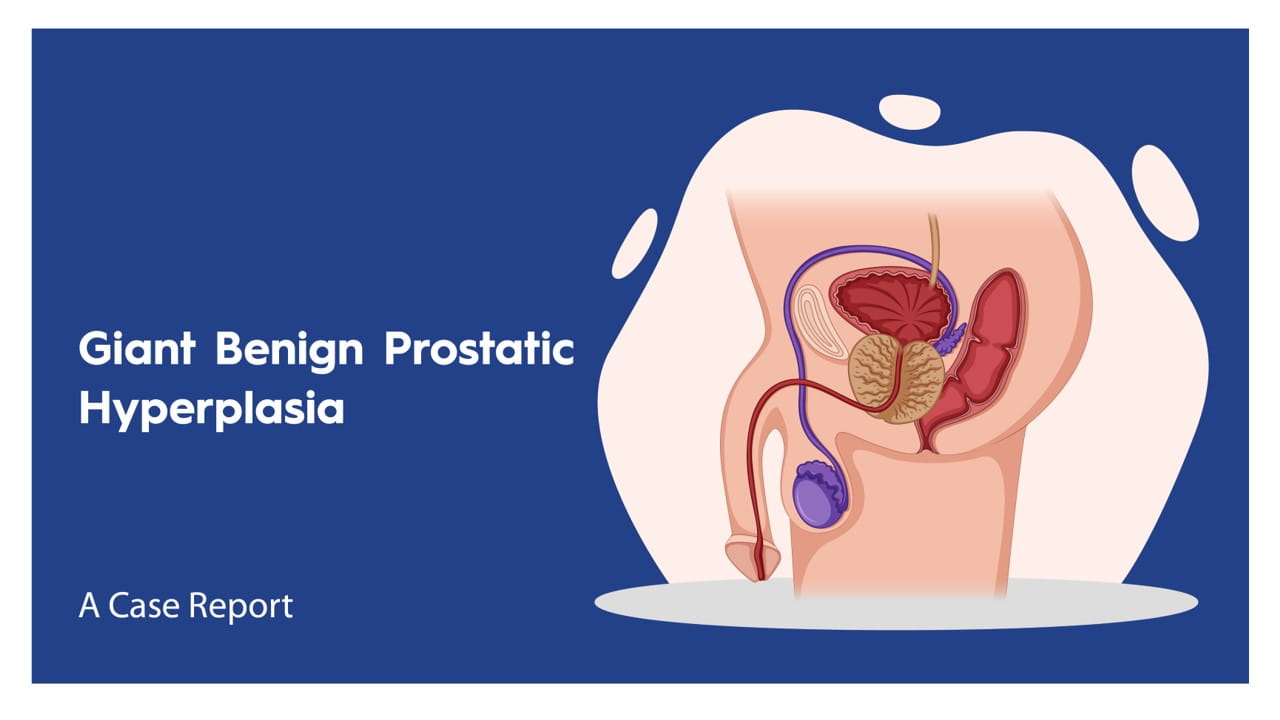Introduction
Recent advancements in minimally invasive surgical treatments (MISTs) have enabled a more patient specialised and tailored effective options for managing Benign Prostatic Hyperplasia (BPH) and Bladder Outlet Obstruction (BOO). This study aims to explore treatment strategies who have experienced unsatisfactory results post MIST.
Materials and Methods
It is a retrospective study with 15 patients included and follow-ups done after 1 month of surgery and then every 3-6 months. The Maximum Urinary Flow Rate (Qmax), Post-Void Residual (PVR) Urine, International Prostate Symptom Score (IPSS), Quality of Life (QoL) were measured and patients with decreased factors were re-assessed.
Results
Most of the UroLift patients were retreated with UroLift (n=5), while a few switched to Prostatic Artery Embolization (PAE) or Rezum (n=1). Temporary Implantable Nitinol Device (iTIND) patients were retreated with UroLift (n=2), TPLA patients with TPLA, and Rezum patients with either Rezum (n=1) or TPLA (n=2).
Pre-Retreatment Patient Profile: All on α-blockers or 5-ARI inhibitors.
-
Urinary flow (Qmax): 8 ml/sec (low).
-
Post-void residual (PVR): 70 ml.
-
IPSS: 22 (severe symptoms).
-
QoL score: 4.5 (dissatisfied).
-
Median prostate volume: 50 ml.
-
Median lobe presence: 26.7% (influences treatment)
The surgical procedures were performed using different anaesthesia techniques. The average operative time was15 minutes and there were no intraoperative complications. 53.3% were discharged on the same day, while 33.3% stayed for one day and 6.7% required a two-day hospital stay. Post-surgery complications were minimal, though two patients experienced urinary retention and haematuria (blood in urine).
2-Month Follow-Up Outcomes:
-
Urinary flow (Qmax): Improved to 10 ml/sec.
-
IPSS: Reduced to 12 (moderate symptoms).
-
QoL score: Improved to 2 (better satisfaction).
-
PVR: 65 ml (minimal change).
-
Sexual function: Only 1 patient reported ejaculatory dysfunction.
Conclusion
Reasonable functional outcomes, low complication rates, and high patient satisfaction in carefully selected patients suggest that MIST can effectively manage recurrent cases. These findings show that there is a need for personalized treatment plans, robust follow-up protocols along with specialized units with high competence in performing MIST to enhance patient care.
European Association of Urology, 21-24 March 2025, Madrid, Spain




